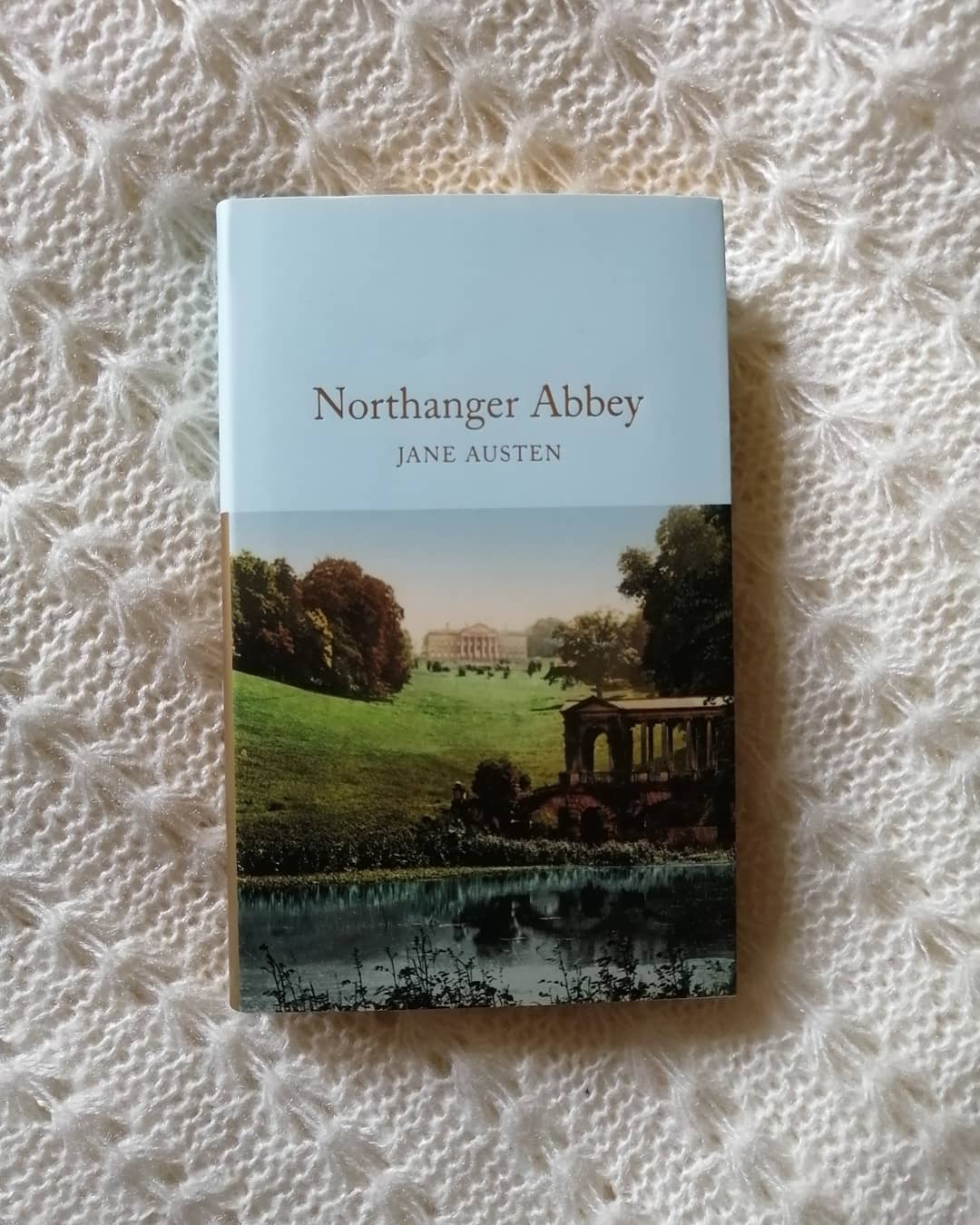📘 ‘I beg, Catherine, you will always wrap yourself up very warm about the throat, when you come from the rooms at night; and I wish you would try to keep some account of the money you spend; I will give you this little book on purpose.’
– Jane Austen, Northanger Abbey (1817)
Have you ever wondered when to use ‘shall’ and when to use ‘will’? In today and tomorrow’s short lesson (in two parts) I will be covering the 5 main principles that differentiate between them. To illustrate these important points I am turning to the pages of Northanger Abbey (1817) by Jane Austen – a writer who adeptly understood how to use English verbs to the best advantage.
…
📝 #1 Firstly, it is important to know that ‘shall’ is mostly used in British English and rarely in American English.
Generally speaking, if you are unsure of the differences and you decide to use ‘will’ in most contexts, you will be fine.
✍️ However, you will often encounter ‘shall’ in legal contracts or official documentation in both cultures, so it is essential for all students of English to understand its strong connotation.
✍️ Also, you will likely hear the question, ‘shall we?’ in social settings in both British English and American English cultures: this set phrase is typically a pleasant invitation to do something together with someone else, whether it’s entering a room, joining in a dance or proceeding to have drinks together. Very often, the speaker will make a sweeping gesture with their hand as they say ‘shall we?’ that points the listener in the direction of the invitation – the next room, the dance floor, etc. – so don’t worry about not understanding what this vague but very common phrase refers to if you hear it in a social setting.
…
📝 #2 ‘Shall’ and ‘will’ are not only part of the future tense form of most verbs, but they also are modal verb forms in themselves, expressing necessity or possibility.
When used for making a statement, the word order is SUBJECT + SHALL/WILL.
When used for asking a question, the order is reversed: SHALL/WILL + SUBJECT ..?
…
📝 #3 ‘Shall’ tends to sound more formal than ‘will’, but as you will see later on in this lesson, there are specific contexts where you are expected to use ‘shall’ whether or not you consider your expression to be formal.
…
📝 #4 TWO KINDS OF QUESTIONS: HYPOTHETICAL OR FACTUAL
When you are asking questions that offer or suggest something in a British English culture, you should always use ‘shall’. In this context, you are expressing what is a kind of hypothetical question – something that is not yet substantial. For example,
📘 ‘I hope I shall have the pleasure of seeing you again soon,’ said Catherine. ‘Shall you be at the cotillion ball tomorrow?’
Here Catherine is uncertain whether Isabella Thorpe is interested in going to the ball on the morrow.
And in this next quotation, Catherine is suggesting that John Thorpe might have planned too many activities in his schedule and might end up running late.
📘 ‘Shall not you be late at Devizes?’ said Catherine.
This next quotation is an example of a question that offers something; in this case, Henry Tilney is offering to clarify a misunderstanding:
📘 He laughed, and added, ‘Come, shall I make you understand each other, or leave you to puzzle out an explanation as you can?’
…
On the other hand, if you are requesting something in your question and you are expecting a definite answer or statement of fact, then you are to use ‘will’. Again, from Northanger Abbey:
📘 ‘Will you take the trouble of reading to us the passages which concern my brother?’
– Jane Austen, Northanger Abbey
Since the answer to this question is either a yes or a no, Austen uses ‘will’ here.
…
👉 Join me tomorrow for Part 2 of this Lesson, where we look at the final, perhaps most important, principle that helps us to decide between using ‘shall’ or ‘will’ in sentences that are not questions.




